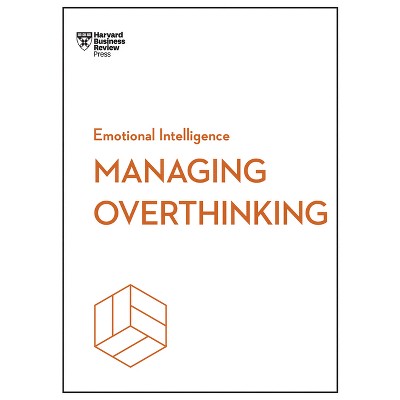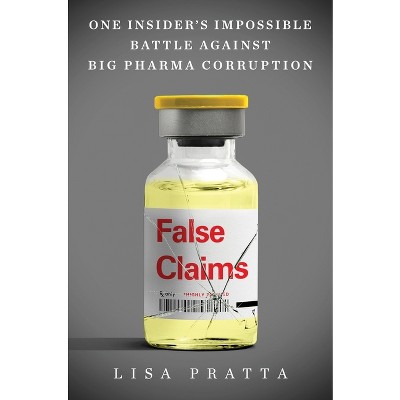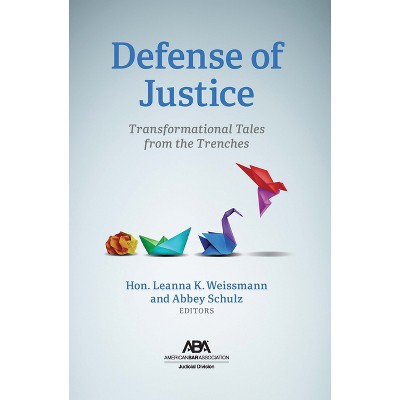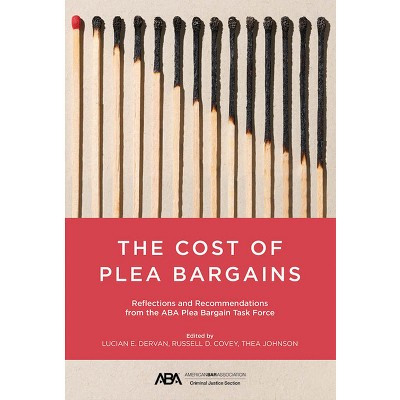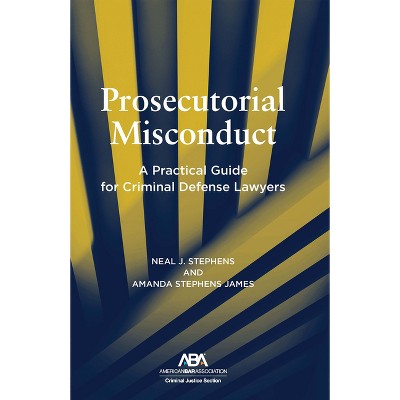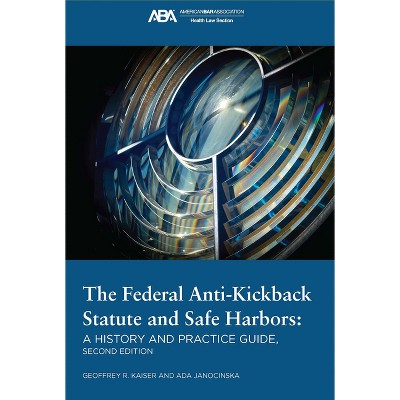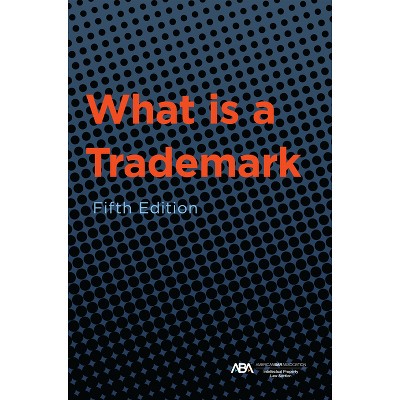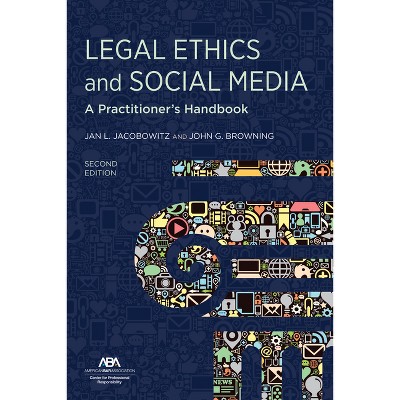Sponsored

The Rule-Out Method of Criminal Defense - by David Ball (Paperback)
In Stock
Sponsored
About this item
Highlights
- THE STRATEGY EVERY CRIMINAL DEFENSE LAWYER NEEDS TO SUCCEED.
- About the Author: David Ballhas guided criminal defense and civil plaintiff 's cases for 32 years, including on more than 50 capital cases.
- 212 Pages
- Freedom + Security / Law Enforcement, Criminal Law
Description
About the Book
"A game changer in the approach to defense advocacy"--Book Synopsis
THE STRATEGY EVERY CRIMINAL DEFENSE LAWYER NEEDS TO SUCCEED.
"This book is a game changer." --Richard S. Jaffe. Jaffe, Hanle, Whisonant & Knight, P.C., Founding and Senior Partner
The Rule-Out method of criminal defense, easily learned, gets most jurors to want to decide verdicts based solely on reasonable doubts - which, perhaps unexpectedly, few jurors normally do on their own no matter how you explain it. Instead, most convictions result from burden shifting, the usual demand by jurors that the defense attorney prove innocence. Rule Out prevents this, teaches how to find plentiful reasonable doubts, and shows how to avoid the common practices that cause most convictions.
Change your approach to trial and the fate of your defendant with the crucial Rule-Out Method.
Review Quotes
"This book is a game changer. It will change your approach to trials, our profession, and the fate of countless defendants. It brings defense advocacy back to its intended strengths." --Richard S. Jaffe. Jaffe, Hanle, Whisonant & Knight, P.C., Founding and Senior Partner, Birmingham, Alabama
About the Author
David Ballhas guided criminal defense and civil plaintiff 's cases for 32 years, including on more than 50 capital cases. He's written four bestselling advocacy books, teaches CLEs and public defenders' offices and the JAG Corps at Camp Lejeune and Fort Bragg, and taught for Federal District 1 judges. Trained in science, engineering, and research, he's also spent a large part of his career in professional theater as a director and playwright, and his theater students have gone on to win Oscars, Emmys, and Tonys. He received NCAJ's Charles L. Becton trial advocacy teaching award and taught at such law schools as Duke (Senior Lecturer), the University of North Carolina, Campbell (Adjunct), Loyola (Los Angeles), and the University of Minnesota. He's been part of a research project into criminal juror decision-making funded in part by the National Science Foundation (NSF) and conducted by Duke University's Institute for Brain Sciences (DIBS).Shipping details
Return details
Frequently bought together

Trending Non-Fiction





